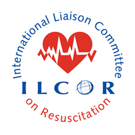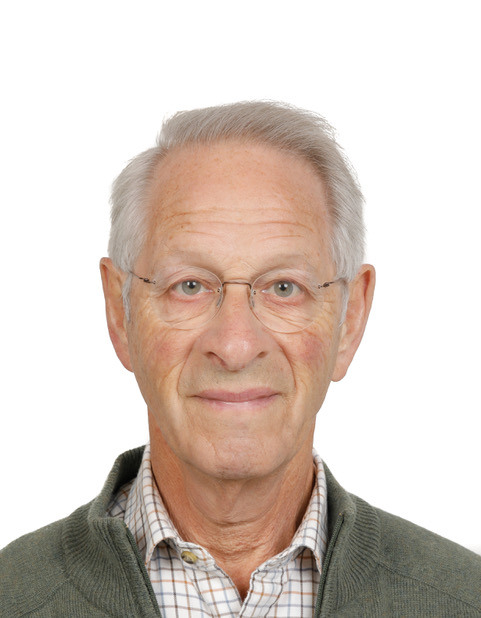Professor Koster has spent his entire career on the improvement of cardiopulmonary resuscitation for cardiac arrest. He has a clear focus on prompt initiation of basic life support by lay persons and the use of automatic externaldefibrillators. He is one of the pioneers in making AEDs available in communities and first responders, combining research and innovation.
From 1992, Dr. Koster started prospective research on out-of-hospital cardiac arrest in the greater Amsterdam area. This evolved to a continuous cardiac arrest registry, covering the north-western part of the Netherlands including 2.5 million people. Up to this date, the database contains 30.000 actual prehospital resuscitation attempts, with input froma wide range of data sources. The insights from the ARREST study led to many published articles, PhD’s, postdoc research, guideline recommendations and book chapters.
“In 1992 I was in close collaboration with the Amsterdam dispatch center performing a study in computer supported triage for chest pain. While there, a dispatcher walked by with a high pile of computer printouts. I asked: “what is this?” He answered “these are the cardiac arrests we handled last year”. I then asked “do you know the outcome”? “No” he said. Then I decided to study that in Utstein style, that had just been published. From that first study we identified the weakest link, rapid defibrillation. At that moment the first AED’s emerged for clinical use and we initiated an RCT of police and fire fighters with AED’s. After that it was an unstoppable adventure until this very day.”
Through important research with ARREST, Dr. Koster led a continuous process of improvement of actual prehospitalcare. The use of defibrillators by lay people was debated, but Dr. Koster played a pivotal role in the implementation of basic life support and AED use by bystanders, volunteer responders and first responders. With this, he helped to save many lives.
Next to all his activities on a national level at ARREST and the Dutch Resuscitation Council, Dr. Koster made substantial contributions to the European Resuscitation Council and the International Liaison Committee on Resuscitation. He was involved in various guideline committees and working groups. He participated in many collaborations like Utstein, the COSTA group and EuReCa study. In 2019, Dr. Koster was awarded with the AHA Lifetime Achievement Award in Cardiac Resuscitation Science.
Next to his tremendous work, we know Rudolph as a very warm person. He is still active in teaching medical students and mentoring PhD students and cannot even stop doing research and writing papers. He does this with sincere interest in people, no matter what background they have. The yearly dinner at his house with the whole ARREST study group is a beautiful illustration of his personal attention to everyone. The diversity of the group in gender, ethnicity, discipline and research focus is proof of his welcoming attitude. Dr. Rudolph W. Koster is a role model in the field of resuscitation.

